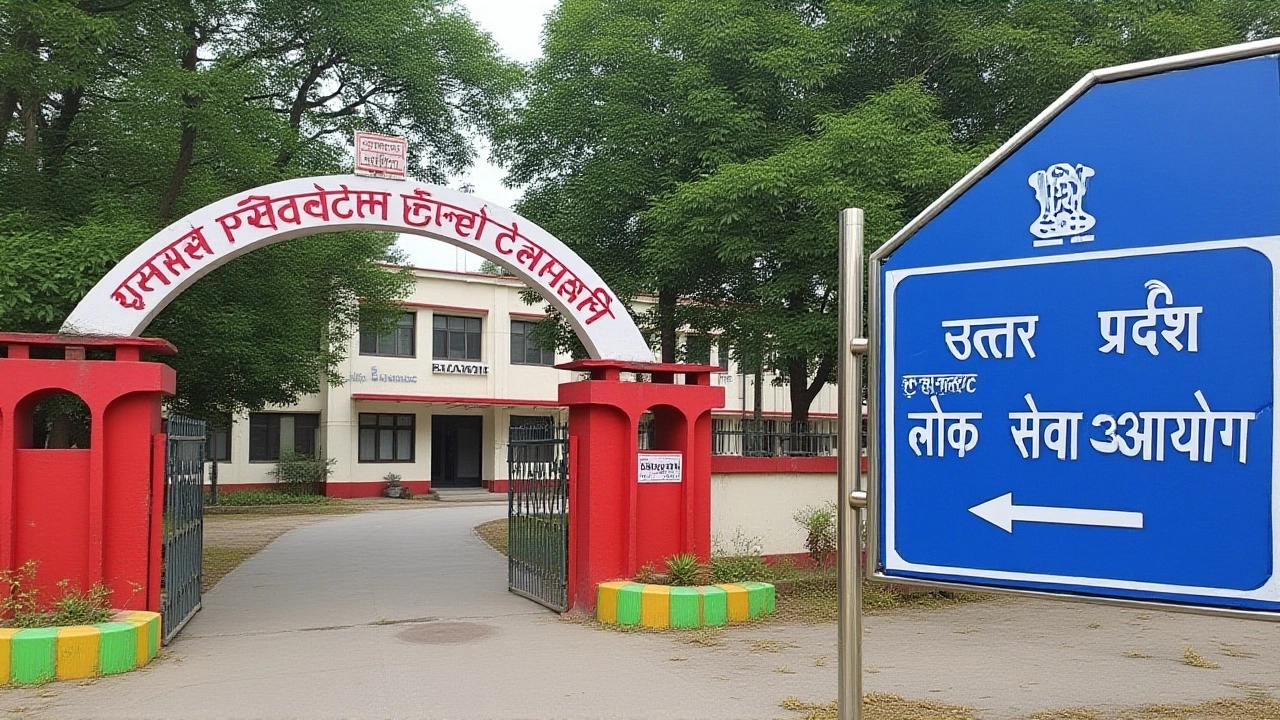Ever wondered what the Allahabad High Court actually does? It’s the third‑largest high court in India, handling everything from civil disputes to criminal appeals for Uttar Pradesh and Uttarakhand. If you live in the region or have a case pending, knowing the basics can save you time and headaches.
The court sits in Prayagraj (formerly Allahabad) and has a bench in Lucknow. It hears appeals from lower courts, decides on writ petitions, and can even take up public interest litigations. The bench is split into several divisions – civil, criminal, and constitutional – each headed by a senior judge. This means you’ll usually deal with a judge who specializes in the type of case you have.
One handy tip: if your matter involves land disputes, the civil division is your go‑to. For anything related to criminal law, the criminal division handles it. Knowing the right division helps you file the correct paperwork and avoid delays.
Filing at the Allahabad High Court isn’t rocket science, but it does require following a checklist. First, draft a clear petition that states the facts, the legal grounds, and what relief you’re seeking. Next, attach all supporting documents – title deeds, police reports, or any evidence that backs your claim.
Pay the required court fee online or at the fee desk, then submit the petition at the Registry. The court will assign a case number and a bench. Many lawyers use the e‑Court portal to track case status, so you can see updates without visiting the building every day.
Pro tip: always keep a digital copy of every document you submit. If the court asks for a duplicate, you’ll have it ready in seconds.
Recent judgments from the Allahabad High Court have tackled everything from environmental protection to corporate fraud. In a landmark 2024 decision, the court upheld stricter pollution controls for factories near the Ganga, signaling a tougher stance on eco‑violations. Another high‑profile case involved a major bank’s loan recovery process, where the court clarified the timeline for filing appeal against a recovery order.
What do these rulings mean for you? If you’re involved in a pollution‑related dispute, expect the court to look closely at compliance certificates. If you’re a borrower, be aware that missing a deadline to appeal can lock you into a recovery order.
Keeping an eye on the court’s website or following reliable legal news portals is the easiest way to stay updated. Most updates are posted within a day of the judgment, so you won’t miss critical information.
In short, the Allahabad High Court plays a pivotal role in shaping law across two large states. Whether you’re a lawyer, a business owner, or just a curious citizen, understanding its workings helps you navigate the legal landscape more confidently.

UPPSC's PCS 2025 exam faced repeated delays, AI‑driven security upgrades, and a High Court order reshaping merit lists, leaving 326k candidates in limbo.
READ